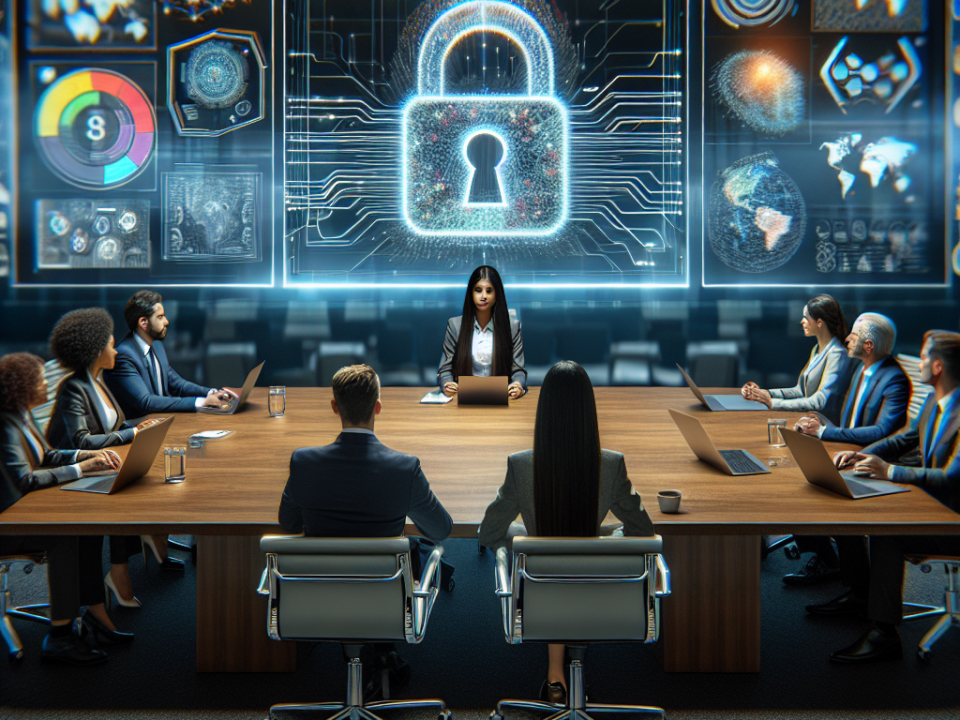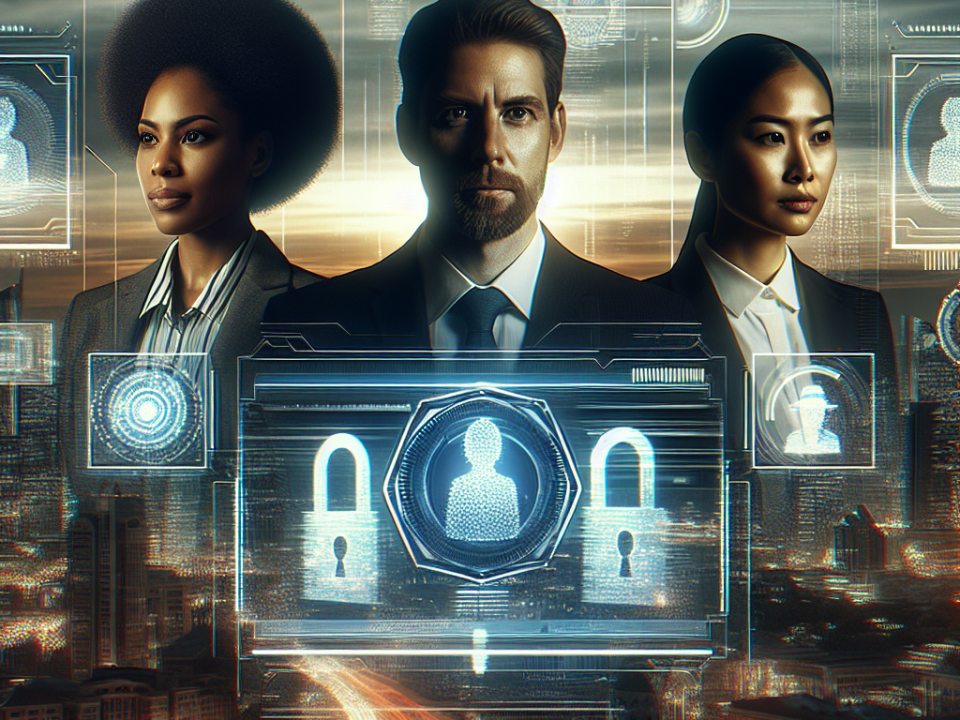
The Role of Government in Strengthening Cybersecurity Regulations
July 31, 2025
From GDPR to CMMC: A Comprehensive Guide to Cybersecurity Regulations
August 1, 2025
In an era where cyber threats are becoming increasingly sophisticated and pervasive, businesses must adopt a proactive approach to security. The rise of the virtual Chief Information Security Officer (vCISO) is reshaping how organizations manage their cybersecurity strategies, enabling them to adapt to the digital age’s challenges with agility and expertise.
Understanding the Role of a vCISO
A vCISO is a cybersecurity executive who provides strategic guidance, risk management, and oversight on an outsourced basis. This role has emerged as a solution for businesses that may not have the resources for a full-time Chief Information Security Officer. The vCISO model allows organizations, particularly small and medium-sized enterprises (SMEs), to benefit from high-level security expertise without the overhead costs associated with hiring a full-time executive.
Key Functions of a vCISO
-
Risk Assessment and Management: One of the primary functions of a vCISO is to evaluate the organization’s security posture. This involves identifying vulnerabilities, assessing potential impact, and formulating a risk management strategy tailored to the business’s needs.
-
Developing Security Frameworks: A vCISO creates and implements security policies and procedures that align with industry standards and regulatory requirements. This ensures that the organization has a robust framework to mitigate risks.
-
Compliance Oversight: As regulations around data protection become more stringent, a vCISO ensures that the organization complies with laws such as GDPR, HIPAA, or PCI-DSS. This oversight helps avoid penalties and builds trust with customers and partners.
-
Incident Response Planning: A well-prepared organization is one that can respond effectively to security incidents. A vCISO develops and tests incident response plans, ensuring that businesses can quickly mitigate damage and recover from breaches.
- Training and Awareness: A critical component of cybersecurity is ensuring that employees understand their role in protecting the organization. A vCISO often oversees training programs to raise awareness about potential threats and safe practices.
The Benefits of Engaging a vCISO
1. Cost-Effectiveness
Hiring a full-time CISO can be prohibitively expensive, especially for smaller organizations. A vCISO offers a flexible, cost-effective solution that allows businesses to access high-level expertise without the financial burden of a permanent senior executive.
2. Access to Specialized Knowledge
Cybersecurity is a rapidly evolving field. A vCISO often has experience across various industries and stays abreast of the latest threats and technologies. This depth of knowledge enables organizations to implement advanced security measures and respond effectively to new risks.
3. Scalability
As businesses grow, so do their cybersecurity needs. A vCISO can adapt their services as the organization expands, ensuring that security measures evolve in tandem with business operations.
4. Focus on Core Business Operations
By outsourcing the cybersecurity function to a vCISO, organizations can concentrate on their primary business objectives. This allows for enhanced productivity and innovation, with the peace of mind that security threats are managed by an expert.
The Future of vCISO Services
The demand for vCISO services is expected to continue its upward trajectory as more organizations recognize the importance of cybersecurity in their operational strategies. Trends such as remote work, increased regulatory scrutiny, and the proliferation of IoT devices will further drive this demand.
Additionally, the growth of threat intelligence sharing platforms can enhance the effectiveness of vCISOs, allowing them to leverage collaborative insights to improve security measures.
Conclusion
As businesses navigate the complexities of a digital landscape marked by rapid technological advances and persistent cyber threats, the role of the vCISO has never been more critical. By providing strategic oversight, expert guidance, and tailored security strategies, vCISOs are transforming the way organizations approach cybersecurity. In this digital age, proactive and expert-driven security is not just a luxury; it is an imperative for business success. Embracing the vCISO model may very well be a defining factor for organizations striving to achieve resilience and security in the face of evolving threats.







